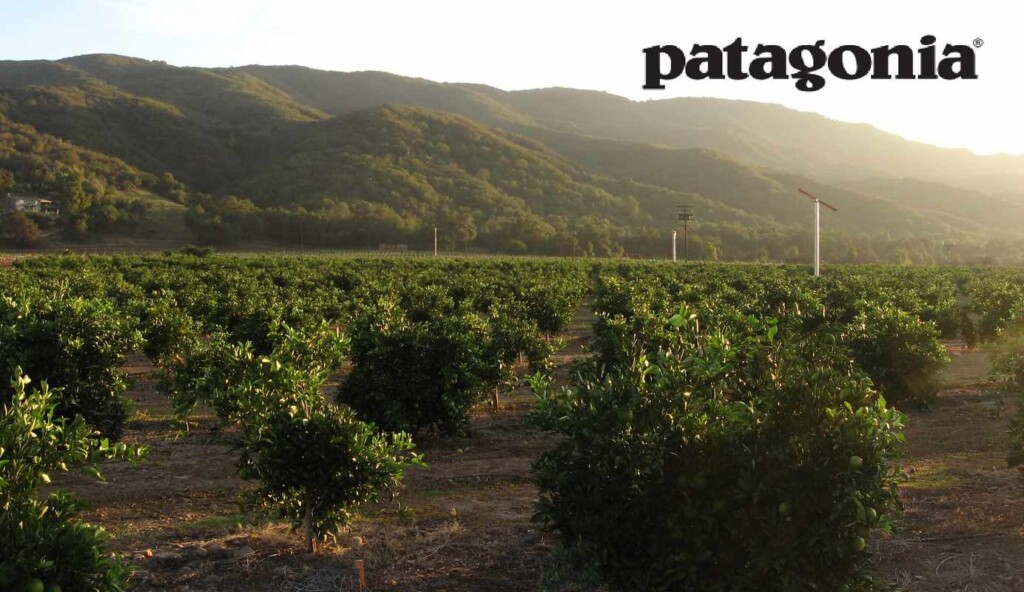 composite image /Citrus farming in Ojai, Ventura, Ken Lund CC 2.0. / Patagonia, fair use.
composite image /Citrus farming in Ojai, Ventura, Ken Lund CC 2.0. / Patagonia, fair use.Organic and regenerative farming practices are taking root in the polluted yet beautiful Ventura County in California, where a truly staggering amount of the country’s produce is grown.
Industrial agriculture has polluted soil and groundwater with pesticides, herbicides, and fungicides, while simultaneously driving away or poisoning wildlife.
The Rodale Institute and their California Organic Center has been working to reverse this course for some time, but thanks to a new $1 million grant from Patagonia outfitters and $1.5 million from the state of California, they are now able to help farmers transition to these alternative agriculture strategies that regenerate soil and biodiversity, with almost all the startup funding covered on their behalf.
It’s been 2 years and a week since Yves Chouinard, the founder of Patagonia, announced that every dime of profit his company makes from now on will go to preserving nature and fighting climate change by designating Earth as the company’s sole shareholder.
Little publicity has been generated by the non-profit arm of Patagonia, called the Holdfast Collective, since then. According to reports, it has been quietly going about its business distributing $70 million to some of the largest conservation organizations on the planet, like the Nature Conservancy, the Conservation Fund, and Re:wild.
Holdfast Collective’s executive director Greg Curtis said of Ventura’s Rodale Institute that they’re “peerless,” and their success over the last 5 years in helping farmers transition over to more regenerative farming practices made it a very easy choice for what amounts to Patagonia’s first investment into the industry since Chouinard’s decision.
CORPORATE RESPONSIBILITY IN AMERICA:
According to Fast Company Magazine, the funding from Holdfast and the state will help local farmers “access business planning help, long-term contracts for their produce, and grants to buy equipment or manage weed and pests.”
“We are removing every single barrier,” Jeff Tkach, CEO of Rodale Institute told the magazine. “You think Ventura County is this gorgeous part of the world, but it’s an agriculture county, and the water is getting polluted, the air is getting polluted.”
“Eventually, the more people who buy organic and regeneratively grown produce, the more the cost will come down. We have an opportunity to reinvent our food system. And California is often a catalyst for change for the rest of the country.”
Tkach says that starting this transition in Ventura is both symbol and substance. There are more than 2,000 farms across a quarter million acres in this county alone. Particualrly prelevant in Ventura are the orchards, where lemons alone rake in a quarter billion dollars every year.
SHARE Corporate Responsibility Helping To Transform America’s Food System…
Source link

